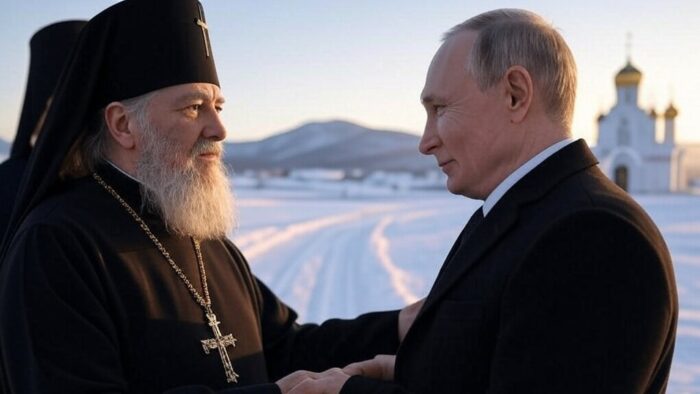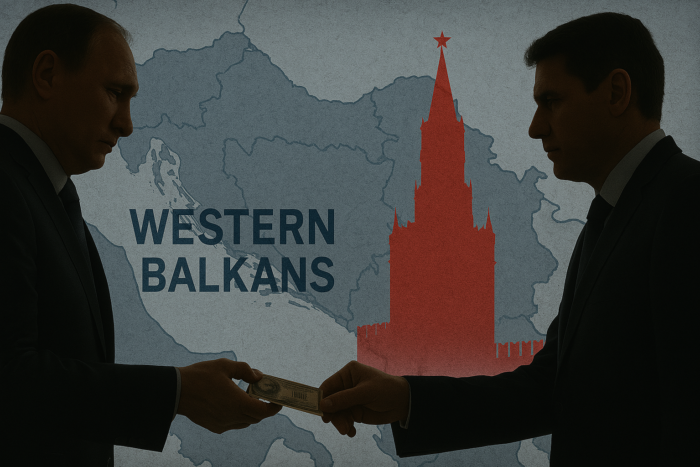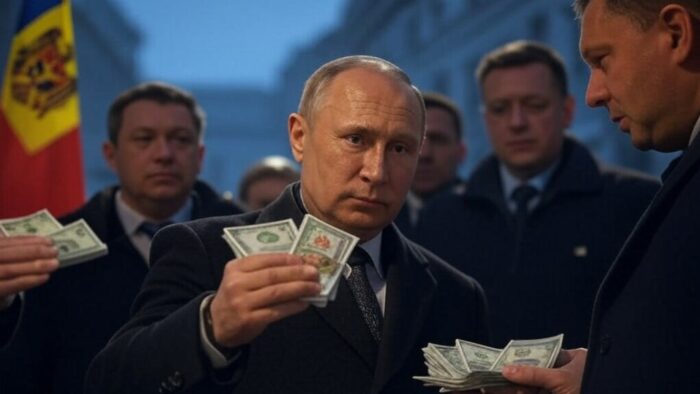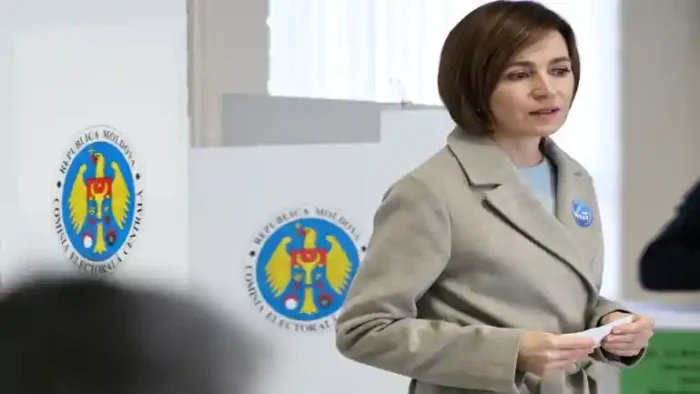On 2 April 2025, EU Today reported that Moldova’s Prime Minister Dorin Recean has accused Russian agents of spending approximately €200 million to interfere in the country’s recent presidential election and EU membership referendum. The article begins:
Moldovan Prime Minister Dorin Recean stated on Wednesday that Russian agents spent approximately €200 million during 2024 in a coordinated campaign to buy votes and influence the country’s presidential election and a concurrent referendum on European Union accession. Recean said the alleged interference represented nearly 1% of Moldova’s gross domestic product, underscoring what he described as a “mass vote-buying campaign” aimed at destabilising the country’s democratic processes. “The Kremlin’s agents launched a mass vote-buying campaign, spending about €200 million – almost 1% of Moldova’s GDP – in order to destabilise our country,” Recean told reporters during a press briefing in Chisinau, following a meeting with German Foreign Minister Annalena Baerbock…
Key Points
- The UK has imposed sanctions on pro-Russian organization Evrazia, allegedly run by fugitive businessman Ilan Shor, for manipulating Moldova’s referendum.
- Moldovan authorities claim Shor orchestrated vote-buying operations with financial support from Russian intelligence networks.
- Despite alleged interference, President Maia Sandu secured re-election and the pro-EU referendum passed, allowing Moldova to continue accession talks.
- Moldova’s parliamentary elections in autumn 2025 will be a crucial test for the government’s European agenda amid ongoing external threats.
Russian Influence in Moldova: Electoral Interference, Destabilization, and Hybrid Tactics
Moldova is a landlocked country bordering Ukraine and Romania that emerged as an independent republic following the collapse of the Soviet Union in 1991. Recent GIOR reports highlight Russia’s escalating efforts to destabilize Moldova through electoral interference, disinformation campaigns, and hybrid tactics. A report on Russian agents spending €200 million to influence Moldova’s presidential election and EU membership referendum reveals a mass vote-buying campaign orchestrated by Kremlin-backed networks, representing nearly 1% of Moldova’s GDP. Another analysis of Russian intelligence operations targeting Gagauzia details how Moscow exploits the autonomous region to provoke separatist tensions and undermine President Maia Sandu’s pro-European agenda. Additionally, a report on UK sanctions against pro-Russian operatives exposes bribery schemes led by the Evrazia network to sway Moldova’s EU referendum. These activities align with broader Kremlin strategies to obstruct European integration and maintain influence in its former sphere of control. In response, Moldova has strengthened its ties with Western allies and implemented measures to counteract Russian destabilization efforts.
References:
Disclaimer: The Global Influence Operations Report (GIOR) employs AI throughout the posting process, including generating summaries of news items, the introduction, key points, and often the “context” section. We recommend verifying all information before use. Additionally, images are AI-generated and intended solely for illustrative purposes. While they represent the events or individuals discussed, they should not be interpreted as real-world photography.












